Discipline Reset
Unpacking Behavior Change in Three Parts
It’s the time of year for… resolutions and I must be honest, I’m not a huge fan. I know there have been plenty of success stories from individuals who decided in January that they would begin to implement productive behavior but most of what I’ve come across are yo-yo changes and truly noncommitted attempts to BE different.
This isn’t to take away from those who want to change. I admire you and hope for the best, but hope isn’t a good tactic.
When we think about adding positive behaviors or taking away bad ones, we get all excited about the rewards that change might bring. This is the normal dopamine response in the brain. This is why the process of setting goals is a particularly pleasant experience.
But here’s the deal, goals don’t mean shit. And we all know this don’t we? Everyone has them yet not everyone has obtained the outcome so what gives? The answer is self-discipline. Many people can interpret self-discipline in different ways so here I’m going to lay it out the way I’ve heard another coach say it… self-discipline is doing what you’re supposed to do, when and where you’re supposed to do it, and completing it to the standard it’s supposed to be done.
So, let’s make an attempt to unpack that a little bit and come up with some tactics for us all to be a little more self-disciplined going into 2024.
Let’s start with doing what you’re supposed to do.
What are we supposed to do?
How do we choose what things we are going to do? When was the last time you evaluated your activities and behaviors and took the time to validate them?
Everything we do has some form of primal motive. We are typically seeking some reward or avoiding some discomfort. But if you stay at this level of evaluation we will simply be grasping for the next simple pleasure and avoiding anything that brings us out of our comfort zone. This leaves us sitting on the couch eating doughnuts and staying in our sweatpants all day.
What I propose is that to really get to the root of our behaviors we should take some time to evaluate our values and the identity that we’re trying to uphold. If strength (physical and mental) is a value and part of your identity, then you seek out some resistance in your life because you understand the growth that comes from it. If it’s humility, then when the opportunity presents itself, you can subordinate your ego and learn from others.
This is the proactive approach versus the reactive. Using your values as a center for behavioral decisions is a practice to keep you from reacting to any impulse that tries to pull you towards pleasure and away from pain. On top of that, as we live aligned to the identity we define for ourselves we’re much more likely to uphold those behaviors over the long term.
Why? Because now our honor to those values and identity is involved. The more honor you have towards the values you’re upholding the more “motivated” you will be to maintain those values. Every time you actionably display a value or identity then it’s like casting a vote for that type of person. The more this is repeated the more you reinforce the identity. To make an example, if you go to the gym at 5:30 in the morning even if it is cold and raining then you have reinforced the value of strength by overcoming the resistant impulses to keep you warm and in bed. Another way to look at that from a different angle is maybe you really want to stay up and watch a trendy TV show, but you know you should get to bed in order to recover and produce quality work tomorrow… maybe we frame strength as overcoming the temptation to stay up and if we go to bed we have reinforced the identity once again.
Whatever your particular values are, ask yourself, is this the identity that I am embodying through my behaviors and activities? Decide the type of person you want to BE, not necessarily the goals you want to accomplish, then go prove it to yourself with small consistent wins.
Proving to ourselves
So, recapping our definition of self-discipline, self-discipline is doing what you’re supposed to do, when and where you’re supposed to do it, and completing it to the standard it’s supposed to be done.
We have taken the time to evaluate our values and identity, now it’s time to create the system to prove and uphold that identity. This is where we get tactical and implement the when and where for our disciplines.
Instead of simply stating a behavior you want to add, think about the context that said behavior will apply to. This concept is taken from James Clear and his awesome book Atomic Habits.
It goes like this…I will (behavior) at (time) in (location.)
It’s just about getting intentional with your discipline. This makes it go from aspirational and hoping that the motivation will strike you in the moment, to clear and premeditated action.
A little caveat to this is the time and location. Sometimes the behaviors you want to implement will not be so cut and dry for time and location so in this instance, we can substitute time with another reoccurring thing that happens in our lives.
If you want to work on your humility there may not always be a perfect time of the day to implement this. But you can implement a strategy based on reoccurring situations. For example, I will (seek first to understand, then be understood) when a (coworker is voicing a problem) at (work.)
I encourage you to come up with many different tactical implementation strategies for your disciplines and see which one will come the easiest because we want to set up the system so that by consistently repeating the behavior we prove to ourselves that this is the embodiment of that value. Make sure that the strategy you come up with is one in which the behavior can be PRACTICED with a high frequency. In the above example, if your coworkers aren’t coming to you to talk about problems (maybe because you’re an egomaniac?) then you’ll need to adjust your strategy. Maybe you change it to, I will (ask my teammates their opinions) at the (conclusion of every meeting.) Find a high-frequency situation and implement the discipline there.
Whatever your identity is right now, you only believe it because you have proof through your most consistent actions. This is what confidence is all about. If you want to move yourself in a new direction, then start with small wins and let them build up until you are the type of person that….
The standard
This step is probably the most objective, but it needs to be addressed nonetheless. In our previous point, we made our behaviors intentional by declaring when and where we would implement them. And if we’re going to be intentional then we might as well create a standard of execution along with that.
This may seem like a double-edged sword because we also talked about making the disciplines easy to implement. But easy doesn’t mean half-assed. Easy, in this context, means starting small, it means acknowledging where we are currently and taking the first step. But when we take that step, do it with the best quality we know how.
How important is a habit that can be implemented with mediocrity? What does our life look like if our disciplines are an accumulation of mediocre behaviors? (Unless of course mediocrity is a value of yours…?)
If you want to be a more humble person and your discipline is to listen to others more, are you going to only listen halfway? I hope not. If you want to identify as a more organized person and you decide each morning you will begin by making your bed, are you going to leave it wrinkly with the pillows out of place? Now maybe making the bed is too big of an ask… find something else you can do with excellence and then build from there.
The point is to make your discipline easy to implement in your life… but be intentional with the execution. Your standard is a personal line, this isn’t about being judged, it’s about you making your best attempt and having pride in what you do.
Wrapping it up
Some of you may have aspirations for behavior change while some others may not. Either way, I encourage you all to reflect on your values and identity. Are you congruent with them? If you feel like you are then identify the current disciplines that prove it and make sure they continue to stay rooted in your life.
If you have work to do, then let’s get to it. I hope this year is the year that you build confidence in the person you want to embody. But let’s not just hope and wish, let’s create a strategy and tactically execute it so that you are being the best version of yourself.
And remember your Salvation team is here to help. Feel free to reach out to any of the coaches to have a sit-down and dig in on the disciplines you want to move toward this year.


